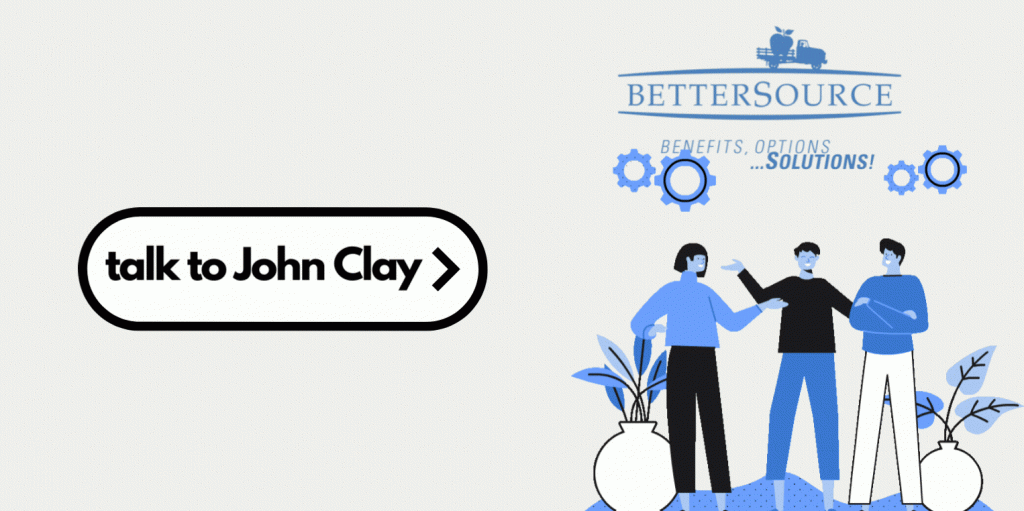Data reveals that over three months passed without payment for thirty-one percent of inpatient claims submitted to commercial payers.
Situation
At the beginning of the year, hospitals and health systems held optimistic expectations regarding their financial performance, anticipating a rebound in revenue and profit margins following a challenging period. However, their financial situation has continued to face difficulties. A recent analysis conducted by Crowe places a significant portion of the blame on commercial payers, citing frequent initial claims denials and various obstacles hindering payments to hospitals.
Examining data from the first quarter of this year related to revenue cycle analytics, the statistics reveal that 31% of inpatient claims submitted to commercial payers remained unpaid for more than three months. In contrast, only 12% of claims submitted to traditional Medicare experienced such delays.
Similar figures emerged when assessing outpatient claims, with 32% of claims facing extended delays with commercial payers, as opposed to just 11% with Medicare.
One particularly striking metric was the rate of prior authorization and precertification denials – rejections based on the payer’s determination that a provider either did not obtain prior approval for treatment or that the treatment was not medically necessary based on the diagnosis. The incidence of these “medical necessity” denials has been on the rise for several years, and the trend persists. During the first three months of 2023, the rate of inpatient claim denials due to medical necessity reached 3.2%, in contrast to Medicare’s 0.2%. In 2021, the denial rate for such claims was 2.4%.
Although the increase may appear relatively minor, a denial based on prior authorization or precertification can trigger a significant battle to secure payment, as noted by Crowe. Providers who disagree with the denial must navigate a labor-intensive appeals process involving utilization management, nursing staff, physicians, and possibly the patient. This effort can be substantial in terms of costs, time, and complexity, often without a guarantee of full payment from the payer.
The time is now. CLAIM YOUR 30 MINUTES WITH JOHN CLAY and get an option for your renewal instead of another year of increase…

The Outcome
Within the realm of claim denials, the category of prior authorization and precertification denials forms a subset of a broader metric encompassing initial denials. In the first quarter of 2023, commercial payers initially rejected 15.1% of both inpatient and outpatient claims for various reasons, while the comparable figure for Medicare during the same period stood at 3.9%.
Although most claims initially denied by commercial payers eventually get resolved and paid, the administrative efforts required to turn an initial denial into a positive outcome impose substantial costs on providers, as confirmed by Crowe. This process necessitates active involvement from the provider to secure payment for the services rendered.
Another category of claim denials contributing to payment delays from commercial payers pertains to requests for information (RFI). RFI denials occur when a payer chooses not to process a claim due to the absence of essential documentation, such as an attachment, signature, or a copy of the medical record.
In terms of numbers, commercial payers exhibit a denial rate that is 12 times higher than that of Medicare. In the first quarter of 2023, the RFI denial rate for inpatient and outpatient claims submitted to commercial payers by providers was 4.8%, in contrast to Medicare’s 0.4%. Crowe notes that an RFI denial can prolong payment by at least 45 days, impacting cash flow and accounts receivable performance adversely.
